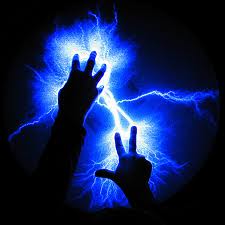
"Until
you walked into my office that afternoon, I would have never called
myself a superstitious man. Far from it. To believe in fate or
predestination means you have to believe there's a future, and I grew up
without one" (22).
Unpack
these lines. What does George mean by "growing up without a future"?
How does this compare to Cocoa's upbringing? How did she grow up? How
might the differences explain the way they act?




